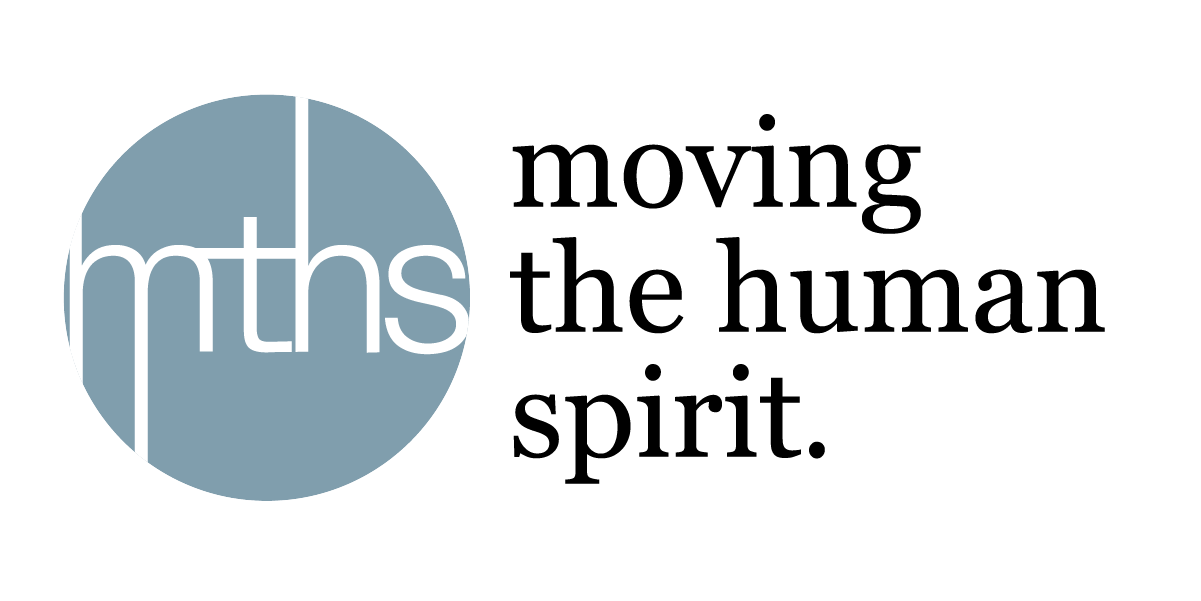The Greatest Gift on the Eve of Giving “To love yourself is to understand you are a source of light.” — Yogi Bhajan
“Hope isn’t a feeling; it’s the willingness to reach toward something that matters.” This week marks the Winter Solstice (December 21 2025) — a quiet turning point of the year. It’s often named “the darkest day of the year,” From here, the light begins to return — slowly, steadily, almost too subtly to notice -- especially in January and Febraury. It reminds me that it is a time to practice hope.
"Self-care is the quiet wisdom of tending to yourself in the season you’re in.” I just LOVE this quote, it has really inspired me to think about all the ways we can tend ourselves -through out the actual seasons and the metaphorical seasons of our life. I hope it lands and inspires you as a human and a coach as well.
“The body keeps the score—but it also tells the story. When we listen with an immersed, meta awareness, we begin to hear what the body has been trying to say all along.” In trauma‑informed coaching, cultivating the ability to recognize hypervigilance is a mark of experience and mastery. When we learn to notice what the body communicates—especially in online sessions—we begin to understand safety and connection in an entirely new way.
Blogmthsadmin2024-06-13T17:32:47-07:00

